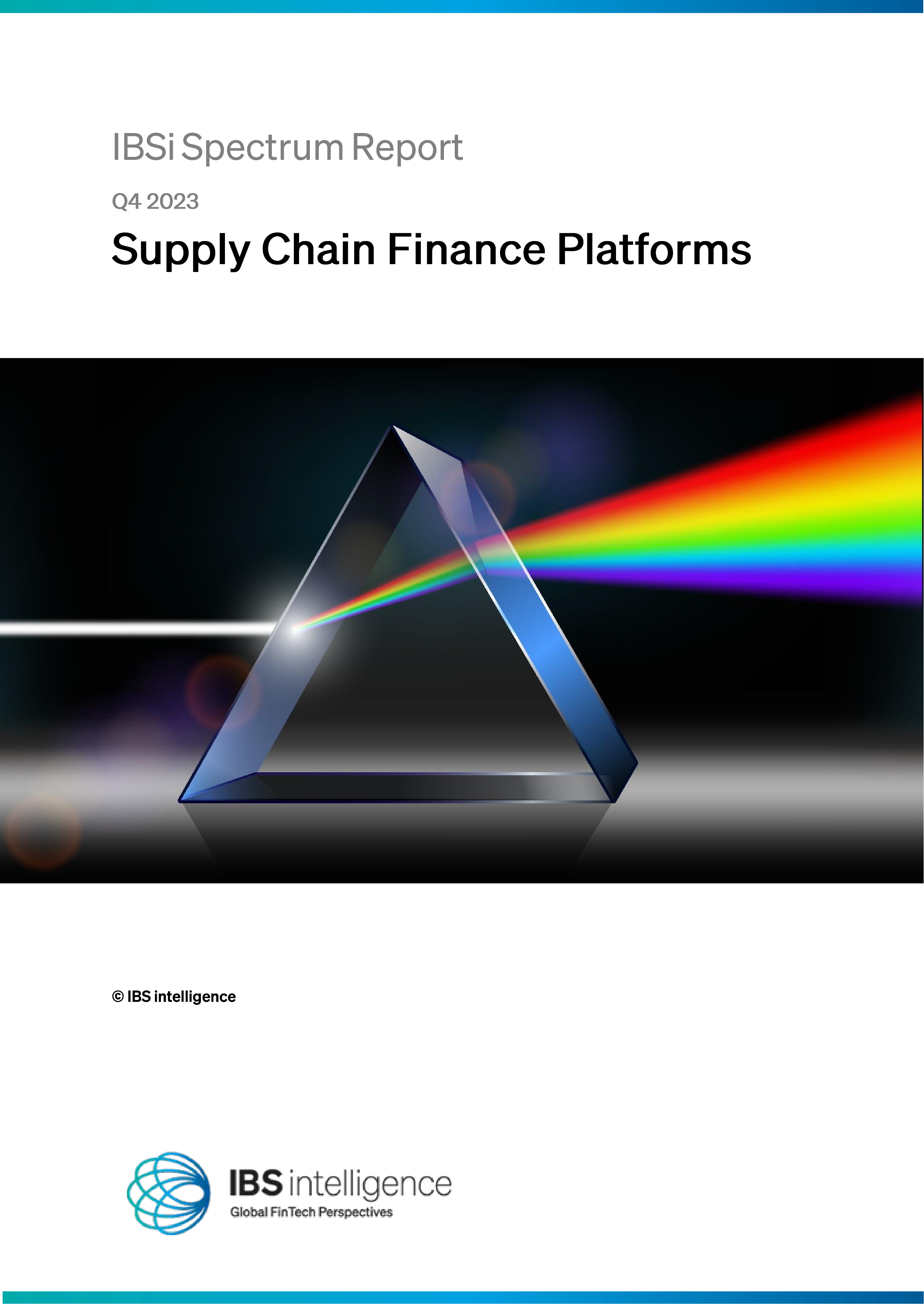 Back
Back
Eastern Europe Factoring and Receivables Finance soar in 2022, says IBS Intelligence
By Puja Sharma

Ukraine leads the way with a 130% surge, according to data from IBS Intelligence. In 2022, Eastern Europe’s factoring and receivables finance sector experienced remarkable growth rates. Ukraine emerged as the frontrunner, while Lithuania and Serbia closely followed with 67% and 57% growth rates, respectively. Turkey and Cyprus also demonstrated substantial increases, with a margin difference of 50% and 51% in their growth rates.

The increasing demand for working capital solutions among businesses is a key driver contributing to the dynamic landscape of factoring and receivables finance. As companies strive for financial flexibility and efficient cash flow management, they turn to factoring and receivables finance to unlock the value of their outstanding invoices.
Moreover, economic conditions play a pivotal role in shaping the factoring landscape. Countries experiencing rapid economic growth often witness a surge in business activities, leading to higher demand for financing solutions.
Government policies and regulatory frameworks also contribute to the industry’s trajectory. Supportive policies that encourage financial innovation and ease of business foster a conducive environment for factoring and receivables finance to thrive. Conversely, stringent regulations or lack of government support may hinder the industry’s growth in certain regions.
Technological advancements and the rise of digital platforms further enhance the accessibility and efficiency of factoring and receivables finance. With the increasing adoption of digital solutions, businesses can expedite the processing of invoices and transactions, reducing the time and paperwork traditionally associated with these financial activities.
How factoring and receivables finance work
Factoring and receivables finance are financial solutions businesses use to improve their cash flow by converting accounts receivable into immediate cash. These mechanisms are particularly beneficial for companies facing delays in customer payments, providing quick access to funds in outstanding invoices.
Factoring: In factoring, a business sells invoices to a third party (factor), receiving an immediate advance of around 70-90% of the invoice value. The factor handles payment collection, deducts a fee, and pays the remaining balance to the business once the customer settles, aiding cash flow, working capital management, and mitigating late payment impact.
Receivables Finance: Also called invoice discounting, receivables finance lets a business borrow against outstanding invoices as collateral. Unlike factoring, the business retains control over the collection. This offers flexibility in receivables management while providing essential capital. Factoring and receivables finance are crucial tools for Eastern European companies to enhance cash flow, facilitate growth, and navigate financial challenges. These financial solutions contribute to the region’s economic vibrancy by allowing businesses to manage their working capital efficiently and drive expansion.
How factoring and receivables finance contribute to growth
- Business Growth: Factoring and receivables finance are vital for fostering growth in Eastern European businesses. These solutions provide essential liquidity for expanding operations, investing in projects, and managing day-to-day expenses.
- Cash Flow Management: Factoring and receivables finance assist Eastern European businesses, especially SMEs, manage cash flow amid delayed payments or seasonal fluctuations.
- Trade and International Transactions: Eastern European nations benefit from smoother cross-border transactions through factoring. It enables businesses to access funds quickly, navigate currency fluctuations, and reduce risks in dealing with foreign customers.
- Financial Inclusion: Factoring and receivables finance promote financial inclusion in Eastern Europe, offering financing options to businesses with limited access to traditional bank loans, particularly in industries facing challenges securing conventional financing.
In conclusion, the growth in factoring and receivables finance across Eastern Europe in 2022 is a multifaceted phenomenon influenced by economic conditions, government policies, technological advancements, and the evolving needs of businesses. As this sector expands, it reshapes the banking and finance sector dynamics, urging financial institutions to embrace change and explore new avenues for collaboration and service offerings.
IBSi Daily News Analysis

July 19, 2024
Account Receivables
SMEs leverage cloud to gain competitive edge, study shows
Read MoreIBSi FinTech Journal

- Most trusted FinTech journal since 1991
- Digital monthly issue
- 60+ pages of research, analysis, interviews, opinions, and rankings
- Global coverage
Other Related News
July 17, 2024
Digital banking glitches drive younger generations away from traditional banks
Read MoreRelated Reports

Sales League Table Report 2024
Know More
Global Digital Banking Vendor & Landscape Report Q2 2024
Know More
NextGen WealthTech: The Trends To Shape The Future Q4 2023
Know More
IBSi Spectrum Report: Supply Chain Finance Platforms Q4 2023
Know More






